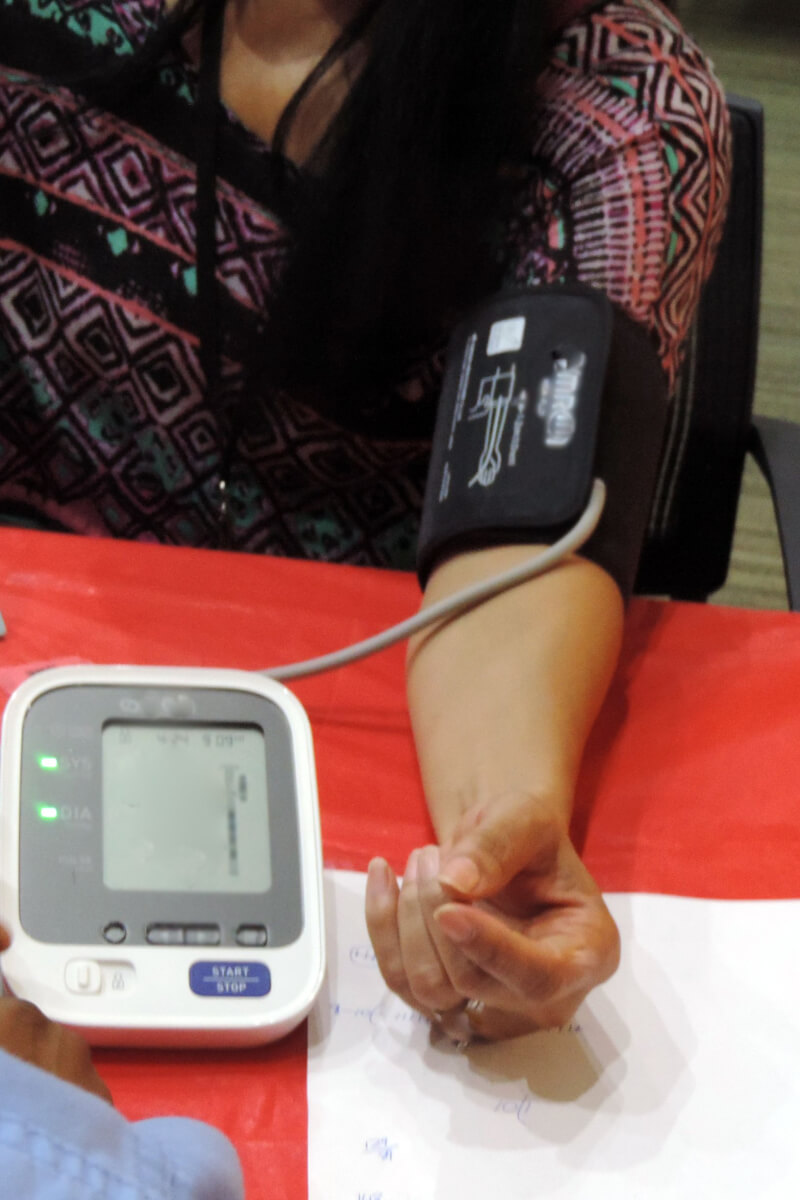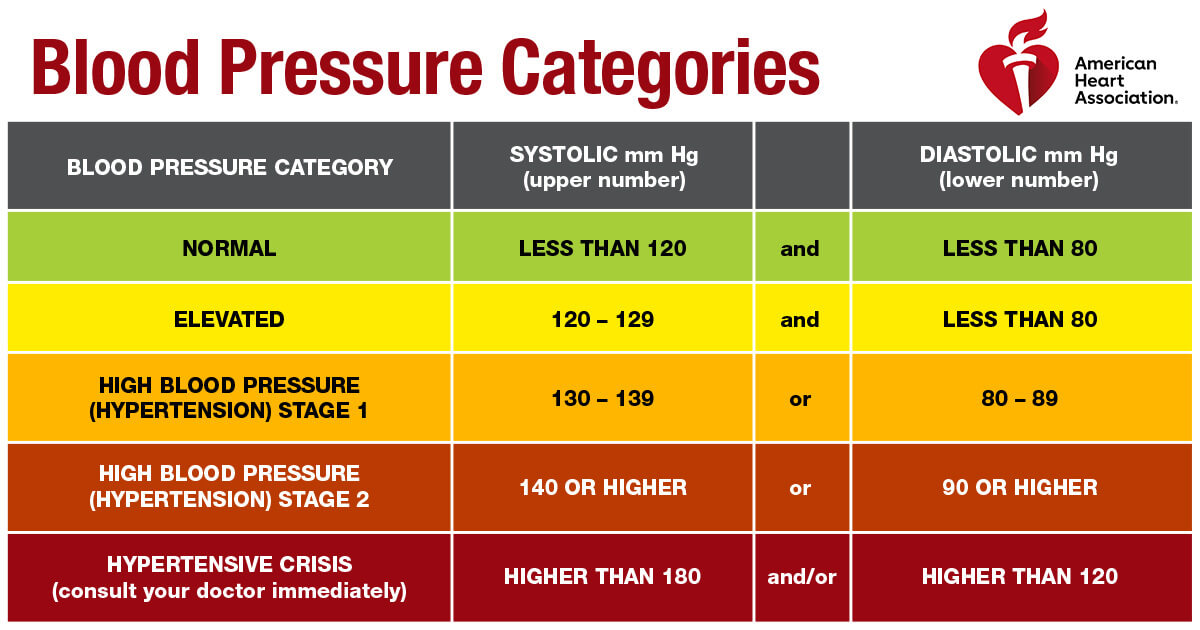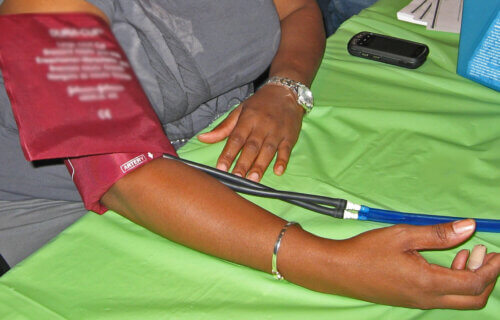DALLAS — There’s a dire new warning for Black women who have high blood pressure. Researchers from Boston University Chobanian & Avedisian School of Medicine reveal that Black women diagnosed with hypertension who start treatment before the age of 35 are three times more likely to experience a stroke.
Those diagnosed and treated before age 45 face twice the risk of stroke compared to their counterparts without hypertension.
“This research was motivated by the glaring disparity I have seen in my own practice. Strokes are occurring at younger ages among my patients who identify as Black and among women,” says study lead author Dr. Hugo J. Aparicio, an associate professor of neurology at Boston University Chobanian & Avedisian School of Medicine, in a media release. “Early onset stroke, particularly at midlife, is even more tragic because these patients often have families or are caretakers for sick family members.
“In addition, early onset stroke at a younger age is associated with an increased risk of dying, as well as a burden of physical disability that creates many problems for stroke survivors and their families as they try to re-integrate into their normal lives and return to work.”

This research is especially significant in light of statistics from the American Heart Association, which indicate that about 58 percent of Black women in the United States suffer from high blood pressure, a figure that notably surpasses rates in other demographics. High blood pressure, or hypertension, is a leading risk factor for stroke. It’s a medical condition where blood flow to a part of the brain is interrupted or reduced, preventing brain tissue from getting oxygen and nutrients.
The study utilized data from the Black Women’s Health Study, which has been tracking the health of 59,000 Black women across the U.S. since 1995 through biennial questionnaires. The researchers’ analysis, focusing on participants’ hypertension treatment status before age 45 and up to age 64, revealed that strokes occurred in 3.2 percent of participants over up to 23 years of follow-up.
The findings showed a stark increase in stroke risk associated with early hypertension treatment. Specifically, Black women who began treatment for high blood pressure between the ages of 24 and 34 had a 3.1 times higher risk of stroke. Those treated before age 45 had a 2.2 times higher risk, and those treated between ages 45 and 64 had 1.69 times higher odds.
“This was striking because we had the ability to adjust or account for many important factors in this longitudinal study, including clinical factors like smoking, body weight and diabetes status; and neighborhood socioeconomic status, which is estimated using zip code data,” explains Dr. Aparicio. “We also adjusted for people living in certain geographic regions in the U.S. where stroke is more common and where stroke mortality is higher, mainly clustered in the Southeast and Mid-Atlantic regions of the country, or the so-called Stroke Belt.”

Researchers say their study underscores the critical need for early screening and treatment of high blood pressure, particularly among Black women, to mitigate the risk of stroke at a younger age. It also points to the necessity of healthcare policy changes to promote and fund primary prevention measures.
“While many factors contribute to early-onset hypertension resulting in an alarming stroke burden among Black women, an understudied component is the cumulative impact of multiple psychosocial stressors that likely disproportionately affect Black women compared to women from other racial and ethnic groups regardless of socioeconomic status. The impact of these stressors also likely affect the ability of Black women to receive and maintain holistic care,” says Dr. Michelle A. Albert, the American Heart Association’s Immediate Past President. Dr. Albert was not involved in the study.
The study will be presented at the American Stroke Association’s International Stroke Conference 2024 in Phoenix.

Shame on you for gaslighting people. Why would “poor diet choices” be a problem in 2021 and 2022 but not 2018 or 2019? Obviously it is NOT diet related. SHAME on you for lying to the public